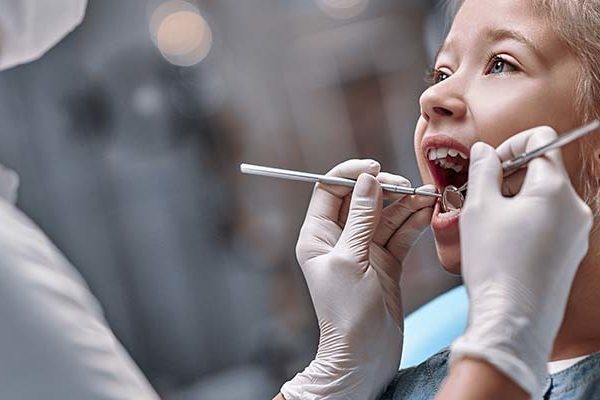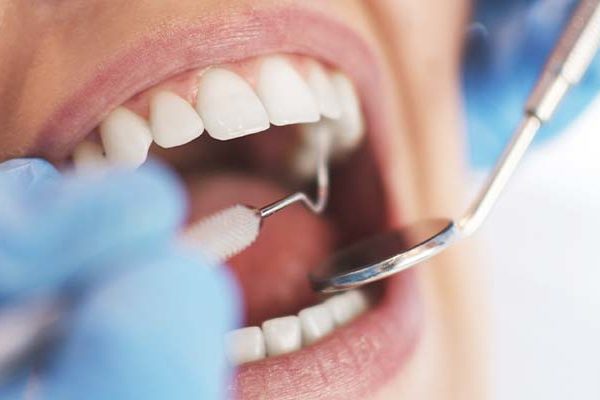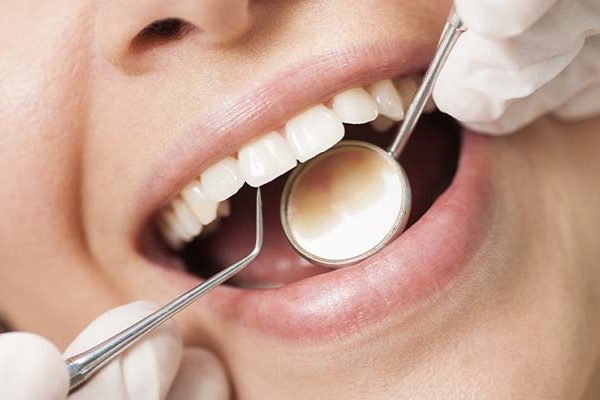Trying to provide your family with healthy and nutritious foods can be hard at times and especially if you have some picky eaters. You probably try to make food choices that are great for overall health, but have you considered their possible effects on oral health?
If you or another family member has recently had some issues with tooth decay, despite good preventative dentistry, perhaps your diet could do with some modifications. Your food choices, how frequently you eat them and even the time at which they are consumed can all affect your dental health.
Which Foods Can Most Commonly Cause Tooth Decay?
If you have been eating too many sugary foods, your risk of cavities is, unsurprisingly, higher. Sometimes it’s obvious when a food contains a large amount of sugar, such as candy, cookies or sugary pop. However, sometimes it isn’t so clear, and sugar can be hidden in foods that are seemingly healthy. Fruit juice is a good example, as are cereal bars and granola bars, and even fruit yogurts. These may be packed with lots of good things, but you may be shocked when you read the labels.
Other foods that can be bad for your teeth include chips and crackers because these are high in carbohydrates and tend to get stuck around your teeth. The longer they remain on your teeth, the greater the risk of tooth decay. It definitely pays to get into the habit of reading the ingredient labels and whenever possible choose unsweetened products or products that are sugar-free.
When Is the Best Time to Eat Sweet Treats?
When you do want to eat sweet foods that are undeniably tasty, it’s better to include them in a main meal rather than as a snack. This is because whenever you eat something sweet or carbohydrate-rich, the leftover particles in your teeth are used as an energy source for bacteria in your mouth. These bacteria produce acid as a side-effect, and after eating, your mouth remains more acidic for between half an hour to an hour afterwards. Snacking on these foods will mean your mouth is acidic for longer, and these acids weaken and erode your tooth enamel, gradually causing cavities in your teeth.
Including sweet foods as part of a main meal reduces the time your teeth are exposed to acid. Also, you tend to produce more saliva when eating a main meal. Saliva helps to protect your teeth by washing away excess foods and making it easier to maintain a more neutral pH, reducing the damage caused by acids.
What to Eat When You Do Want a Snack in between Meals?
If you do want to eat something in between meals, it’s better to make food choices that are sugar-free such as crunchy vegetables and hummus or a yogurt-based dip, or sugar-free yogurts or cheese. Sugar-free dairy products are especially good for your teeth because they contain plenty of calcium and phosphorus, and usually quite a bit of protein too. Fresh fruit is another good snack but remember that it can be quite acidic.
When to Clean Your Teeth
After eating something sweet, you’d think it was a good idea to clean your teeth immediately but try to wait at least half an hour before brushing. This is because your mouth will still be quite acidic, and your tooth enamel is softer. Waiting gives it time to re-harden so you won’t be brushing softer and more easily eroded tooth enamel.
Don’t forget to come and see us regularly here at Tsawwassen Place Dental so we can check for any small signs of tooth decay. The sooner we can treat a cavity, the more effectively we can preserve and protect the tooth.






Thanks for sharing dental food choice related blog about Are Your Food Choices Affecting Your Family’s Dental Health?